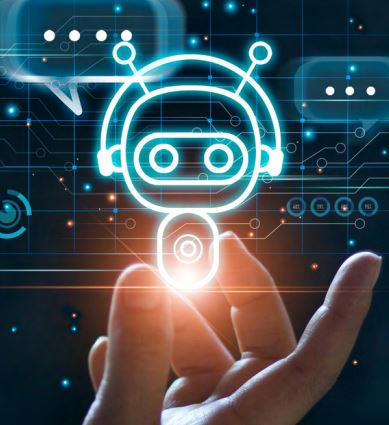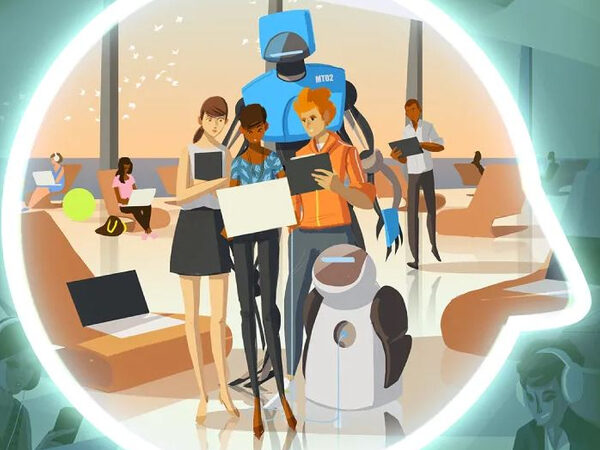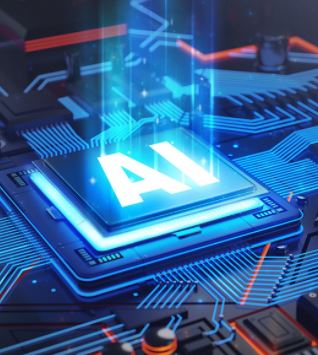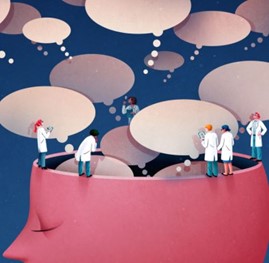One fundamental different mindset between quantum mechanics and classical mechanics can be defined as follows: Quantum mechanics describes the dynamics of ideas, whereas classical mechanics describes the dynamics of machines.
In a business context quantum management implicates the integration of serial and associative thinking in analogy to quantum processes like entanglement.
A first step is to understand quantum’s potential for an organization’s product and service offering and to review the management processes required for a mind-shift towards quantum management in response to the limits experienced with AI-focused applications.








